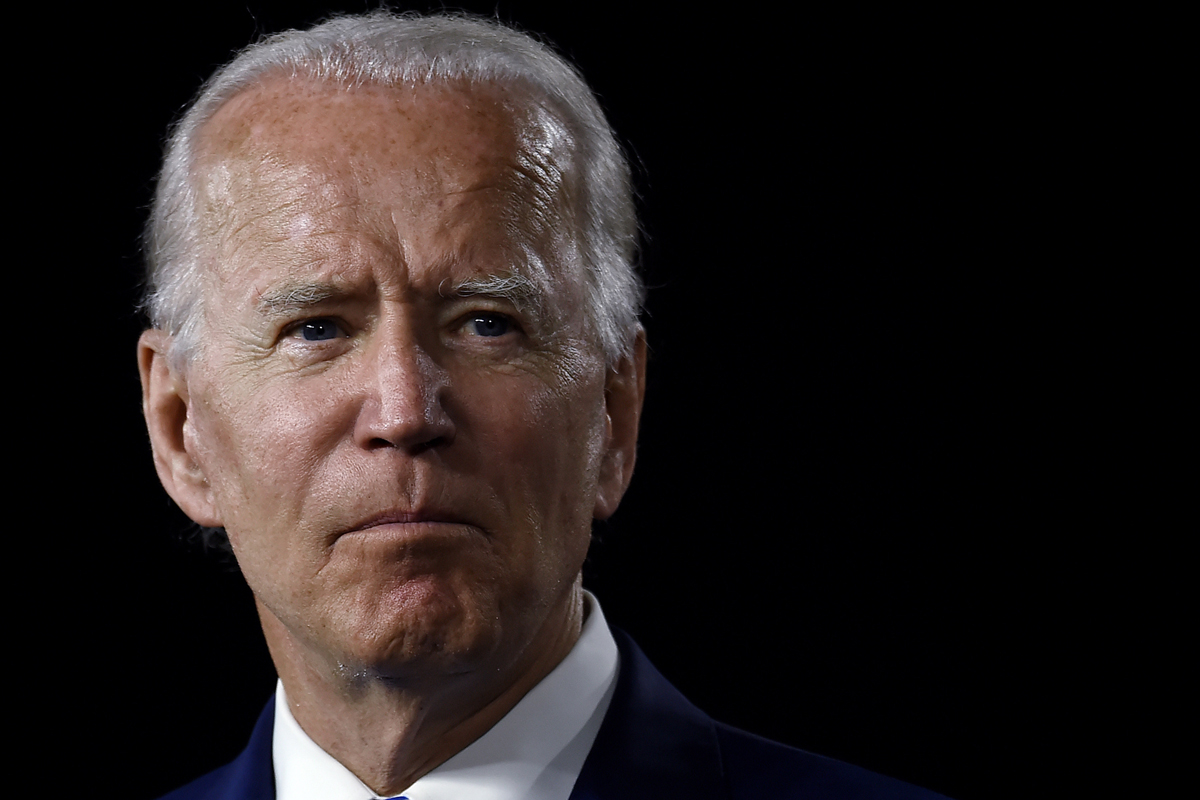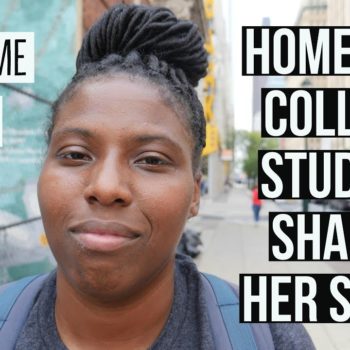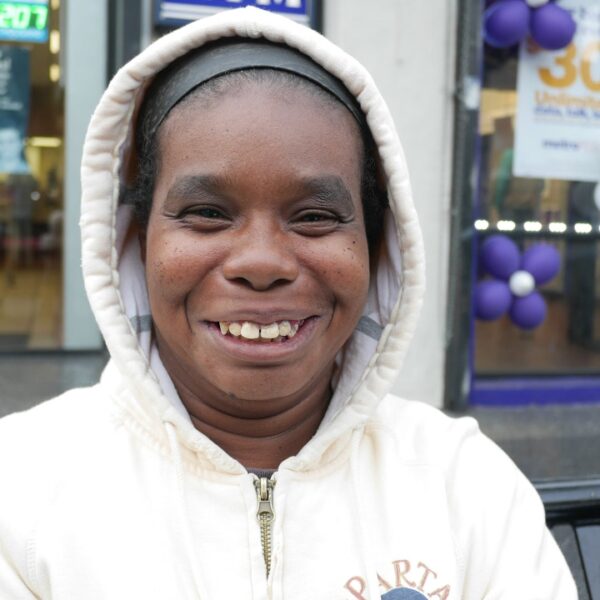Former President Donald Trump once promised he would address the nation’s homelessness and housing affordability challenges. However, after four years, turns out it was all empty rhetoric.
Under his leadership, the total number of people experiencing homelessness in the US has increased by 20,000, up to 570,000 annually, according to the latest data from the Department of Housing and Urban Development (HUD).
Similarly, the Tax Cuts and Jobs Act passed by Republicans in 2017 accelerated income inequality, which the Pew Research Center described as “sharp and increasing.”
Against this backdrop, President-elect Joe Biden’s bold housing policy plan reads like a breath of fresh air. The 10-year, $640 million plan addresses everything from discriminatory lending to protections for renters. It also pursues a comprehensive end to homelessness.
While lengthy, Biden’s plan offers valuable insight into how his administration will approach solving homelessness in the US.
Return to Evidence-Based Policies
Biden’s housing platform includes a goal of developing “a comprehensive approach to ending homelessness” by returning to evidence-based Housing First models. This includes expanding both permanent supportive housing and rapid re-housing programs.
Housing First recognizes that a majority of people who are homeless are so because of a financial crisis that led to a loss of housing. By assisting those families in overcoming barriers to housing, research has shown that people assisted by rapid re-housing programs achieve higher rates of permanent housing placement. They are also less likely to return to homelessness in the future.
Departing from Housing First models was one of the most damaging decisions the Trump administration made regarding its approach to solving homelessness. Instead, the administration focused on de-regulation and rolling back protections, which guaranteed shelter access for many people who sleep rough.
This approach fell in line with a report published by the Council of Economic Advisors in 2019 that identified overregulation, dirty streets, a low supply of homeless shelters, and “the characteristics of individuals in a community that make homelessness more likely” as the primary drivers of homelessness.
After Robert Marbut was appointed to lead the US Interagency Council on Homelessness, the agency said in its Federal Strategic Plan that its mission is to address “high housing costs in overregulated markets have exacerbated the homelessness condition in America,” rather than the underlying causes of homelessness.
Increase Access to Housing Vouchers
Trump’s approach included restrictions to housing access as well. In March, Congress made that situation worse when it passed former President Trump’s 2020 budget. Among other things, the budget:
- Gutted social safety nets for the poor
- Slashed housing assistance and community development aid by $8.6 billion (15.2%)
- Eliminated funding for nearly 160,000 vouchers
Similarly, public housing funding will lose $3.2 billion of operational funds in 2021. That’s a 43% decrease from the prior year. Monies from this account help pay for repairs and maintenance in public housing units. They are primarily afforded to senior center and assisted living facilities.
Because of this, the incoming Secretary of Housing and Urban Development (HUD), Marcia Fudge (D-Ohio), faces an uphill battle to reclaim ground her predecessor ceded. Two of the most important fronts are on affordable housing and increasing access to vouchers.
Biden’s housing plan calls for increasing funding to Section 8 housing vouchers so every family who qualifies can receive one. Research by the Center on Budget and Policy Priorities found that 75% of families who qualify for Section 8 vouchers do not receive them because the program is underfunded.
Recognizing the slough that lies ahead, many in the housing community applauded Biden’s nomination of Fudge to the HUD post. David Dworkin, President and CEO of the National Housing Conference, said Fudge will play an important part in reversing many of Trump’s miscreant policy measures.
“Congresswoman Fudge would bring a much-needed fresh approach to national housing policy. She has been a strong supporter of the HOME program and played a leading role in getting Congress to approve desperately needed funds to stabilize the hardest hit neighborhoods during the Great Recession,” he said in a statement.
Homeowner and Renter Bill of Rights
No plan to end homelessness is truly comprehensive if it doesn’t include new federal regulations. Fudge seems committed to enacting equitable housing policies that expand housing opportunities. Biden is also preparing legislation to help keep people in their homes once they arrive.
Biden’s platform says he plans to enact a Homeowner and Renter Bill of Rights. This would be similar to the one California passed in 2013. The legislation will build on the Protecting Tenants on Foreclosure Act passed in 2009 during Obama’s first term which strengthened protections for renters with Section 8 vouchers who face eviction.
A study by the Barton Institute for Community Action found that when a person experiencing homelessness is provided stable housing, they show immediate signs of improved health and well-being.
The study examined a 12-person tiny home village in Denver’s Globeville neighborhood. With a 9-month period of moving into the village, all residents were either employed or in school. Three had also received permanent housing.
Similarly, Biden plans to pass federal legislation barring landlords from discriminating against a renter’s source of income. A version of this legislation appeared in the Senate in June 2019, but has gained no traction since.
Some members of Congress seem eager to work with both Biden and Fudge to enact policy proposals, too. Rep. David Price (D-North Carolina) said in a statement he looks forward to working with the duo “to boost resources for affordable housing production and community development, to fight homelessness and eviction, to bolster resiliency in the face of a changing climate, and to restore bedrock fair housing principles that uphold equal opportunity for all our citizens.”













